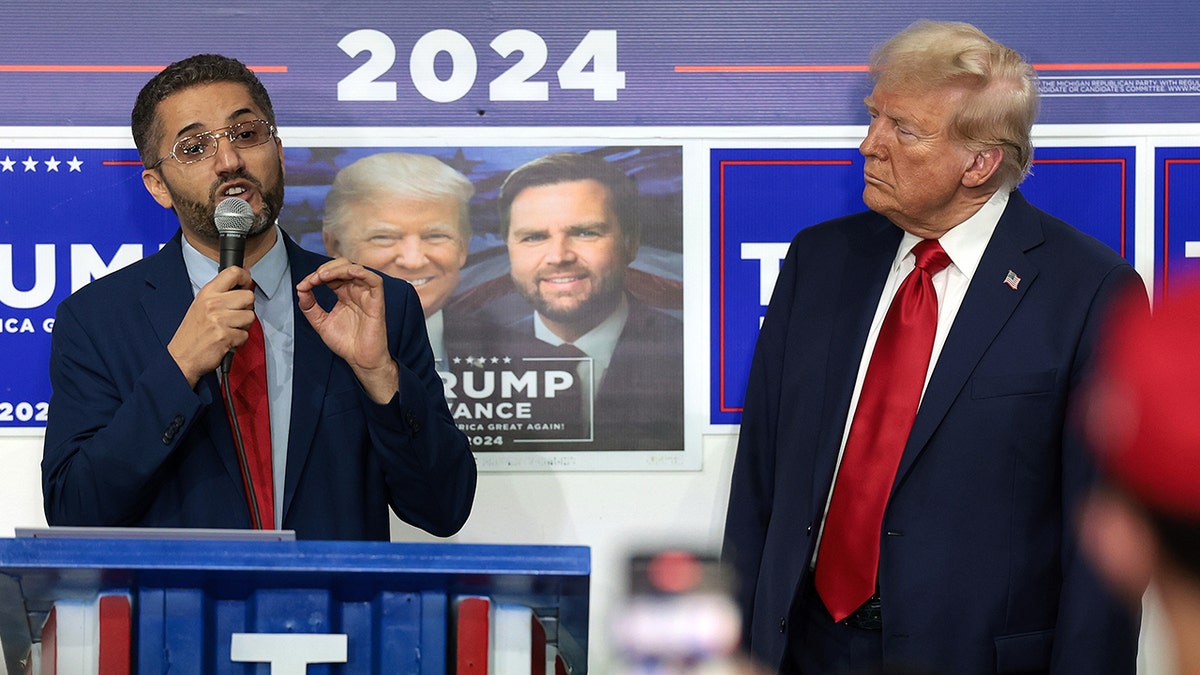The aftermath of the recent election has sparked a range of reactions, with some media figures displaying overt emotional responses. However, a recent New York Times column offers a particularly intriguing perspective. Yale Law Professor Samuel Moyn, a figure known for questioning the efficacy of the Constitution, reflects on the unsuccessful use of legal tactics against Donald Trump.
Moyn, previously advocating for liberals to move beyond constitutionalism, now laments the failure of what he terms "lawfare." This strategy, aimed at constraining Trump through legal means, ultimately proved ineffective. Interestingly, Moyn's concern isn't the ethical implications of weaponizing the legal system, but rather its lack of success.

The election outcome, a resounding Republican victory, can be interpreted as a public rejection of these legal tactics. The "Let’s Go Brandon!" movement, while directed at President Biden, also symbolized discontent with the political and media establishment that championed such strategies.
Moyn acknowledges the backfiring of the legal approach but stops short of criticizing its inherent nature. He attributes the failure to mere "legalistic tactics," a characterization that overlooks the deeper ethical concerns. He even romanticizes the effort, comparing it to loving "not wisely but too well." However, the core issue remains the politicization of the legal system, a tactic that many voters perceived as manipulative.

From the outset of Trump's presidency, legal challenges were prevalent. The actions of then-Acting Attorney General Sally Yates, who instructed the Justice Department not to support Trump's immigration orders, exemplify this early politicization. While the orders themselves may have warranted revision, Yates's actions were widely seen as partisan and potentially unethical.
The fundamental flaw in the lawfare strategy lies in its disregard for public perception. Many citizens recognized these legal maneuvers as politically motivated attempts to gain an advantage. Ironically, these actions, often framed as efforts to "save democracy," may have inadvertently eroded public trust in democratic processes.
The disconnect between the stated goals of these legal tactics and their perceived impact is striking. Polls revealed that voters in key states felt Trump posed less of a threat to democracy than those campaigning on a platform of preserving it. Furthermore, concerns about free speech, amplified by censorship efforts from the left, resonated strongly with voters.
Now, Moyn suggests the Democratic Party needs "reimagining." However, true reflection requires acknowledging the flaws in the lawfare strategy and its negative impact on public trust. The election outcome serves as a clear message: voters rejected not only the tactics but also those who employed them.
Comments(0)
Top Comments